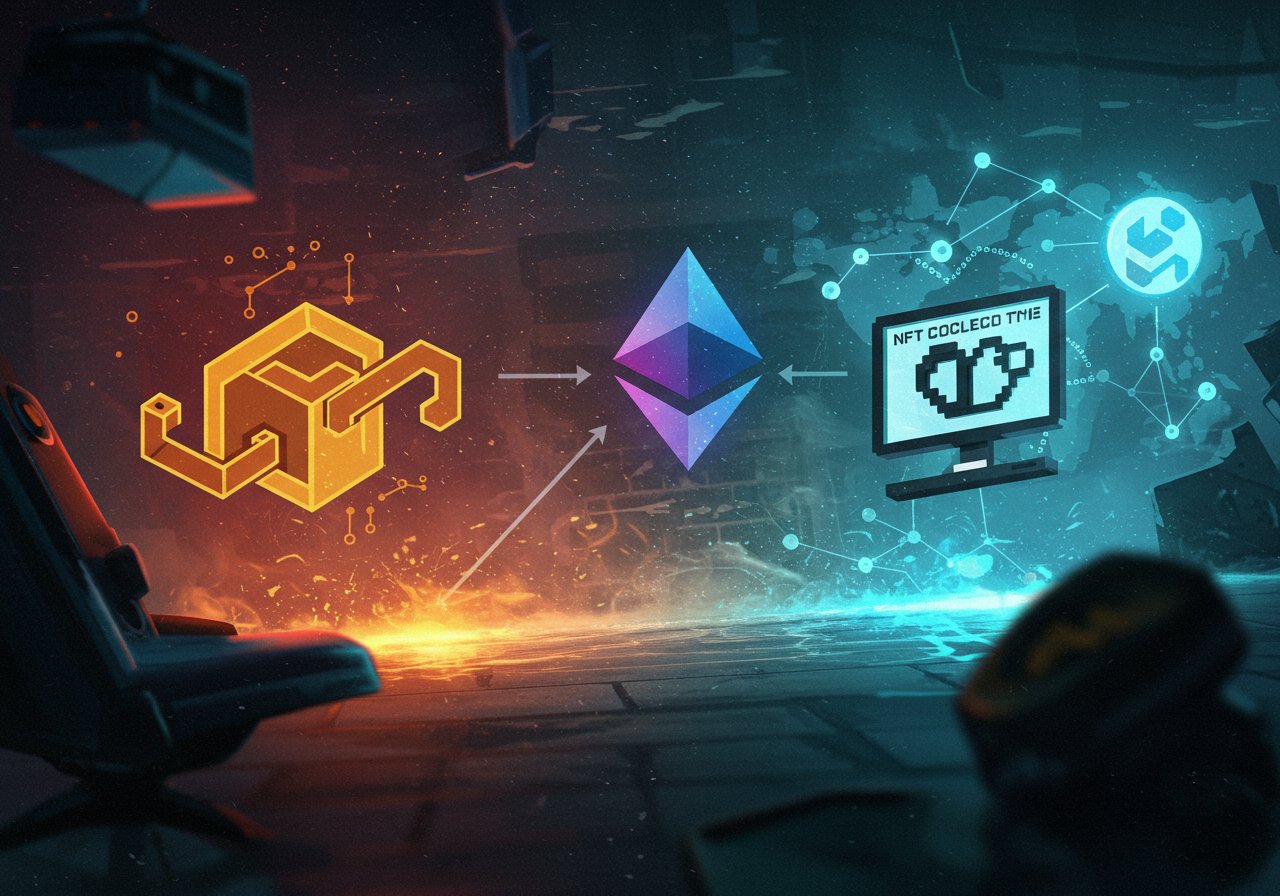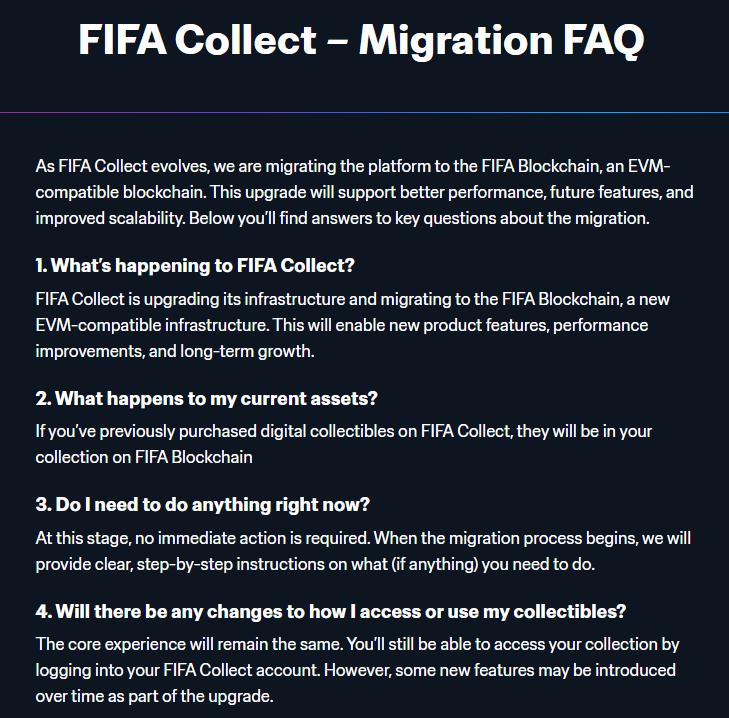
FIFA Makes a Blockchain Move
The world of football is getting a dose of blockchain technology as FIFA, the governing body of international football, announces its plans to launch a new blockchain network for its non-fungible token (NFT) collectibles.
The organization, known for its world-famous FIFA World Cup tournament, is stepping into the world of decentralized technology with its “FIFA Blockchain,” designed to offer better performance, scalability, and future-proofing features. This move signals a shift in FIFA‘s strategy, prioritizing user experience and the potential for future developments within its NFT ecosystem.
From Algorand to Ethereum
The move represents a significant change from FIFA‘s initial choice of Algorand as the blockchain home for its “FIFA Collect” NFT collection. This change is driven by the need for a platform that can accommodate the growing demands of the collection and provide a wider range of possibilities. The new FIFA Blockchain will be compatible with the Ethereum Virtual Machine (EVM), opening the door to a broader range of tools, developers, and users within the Ethereum ecosystem. The platform promises a more vibrant and dynamic environment for FIFA Collect.

Implications for NFT Holders
For existing NFT holders, the migration process begins no earlier than May 20, 2025, and will require some adjustments. FIFA has assured users that they will be provided with clear instructions and guidance throughout the process. The biggest change is the switch to EVM-compatible wallets such as MetaMask, while Algorand-based wallets will no longer be supported. This means users will need to familiarize themselves with MetaMask or other compatible wallets to access and manage their NFT collections. The move also introduces the potential for increased liquidity and trading opportunities as the collection gains access to the larger Ethereum network.
This shift toward a new blockchain platform for its NFT collection marks a new chapter for FIFA‘s digital strategy. The move promises enhanced capabilities, greater flexibility, and a wider range of possibilities. Whether this move proves to be a winning strategy for FIFA remains to be seen, but it certainly marks a significant development in the intersection of sports and blockchain technology.


